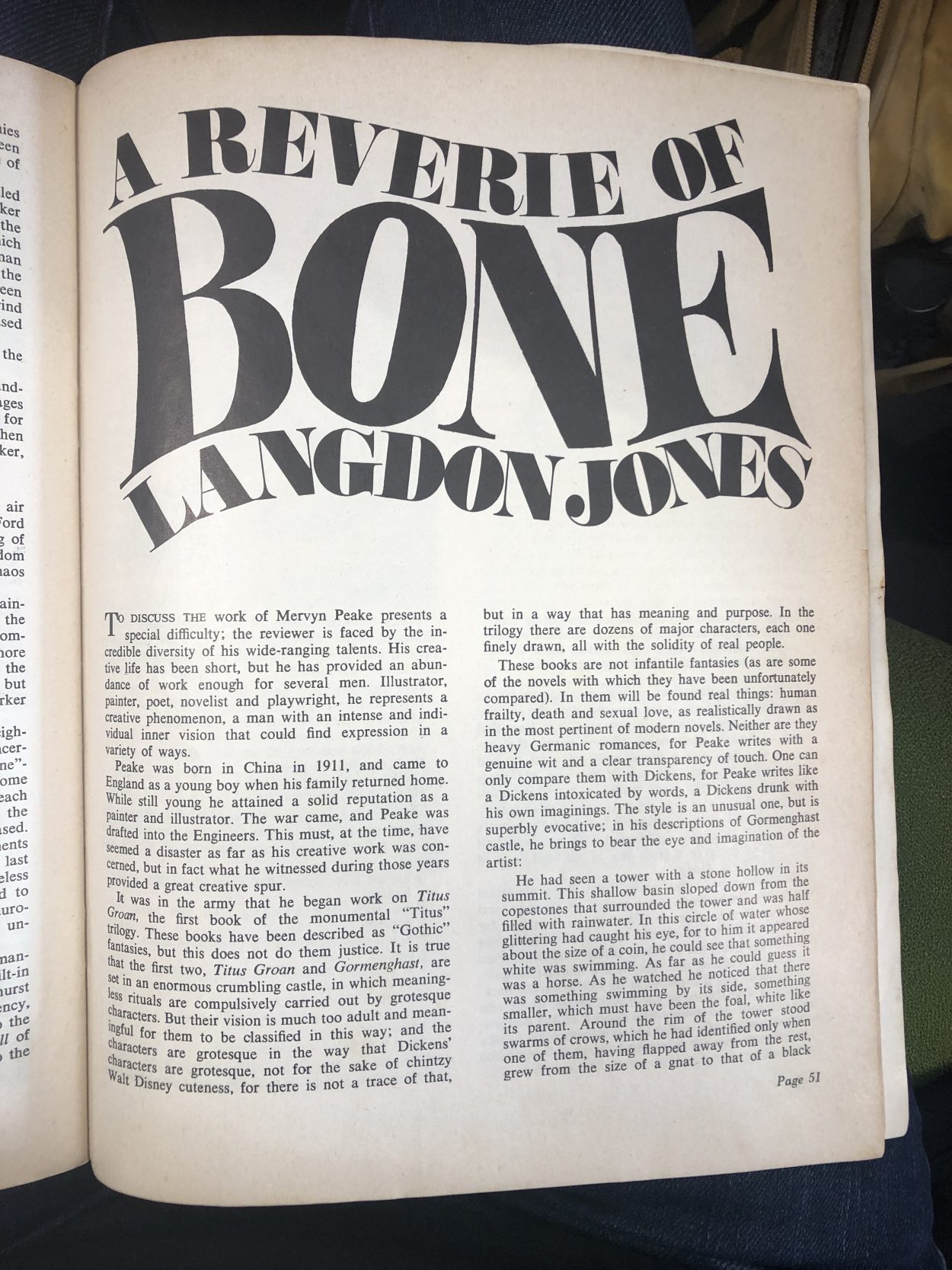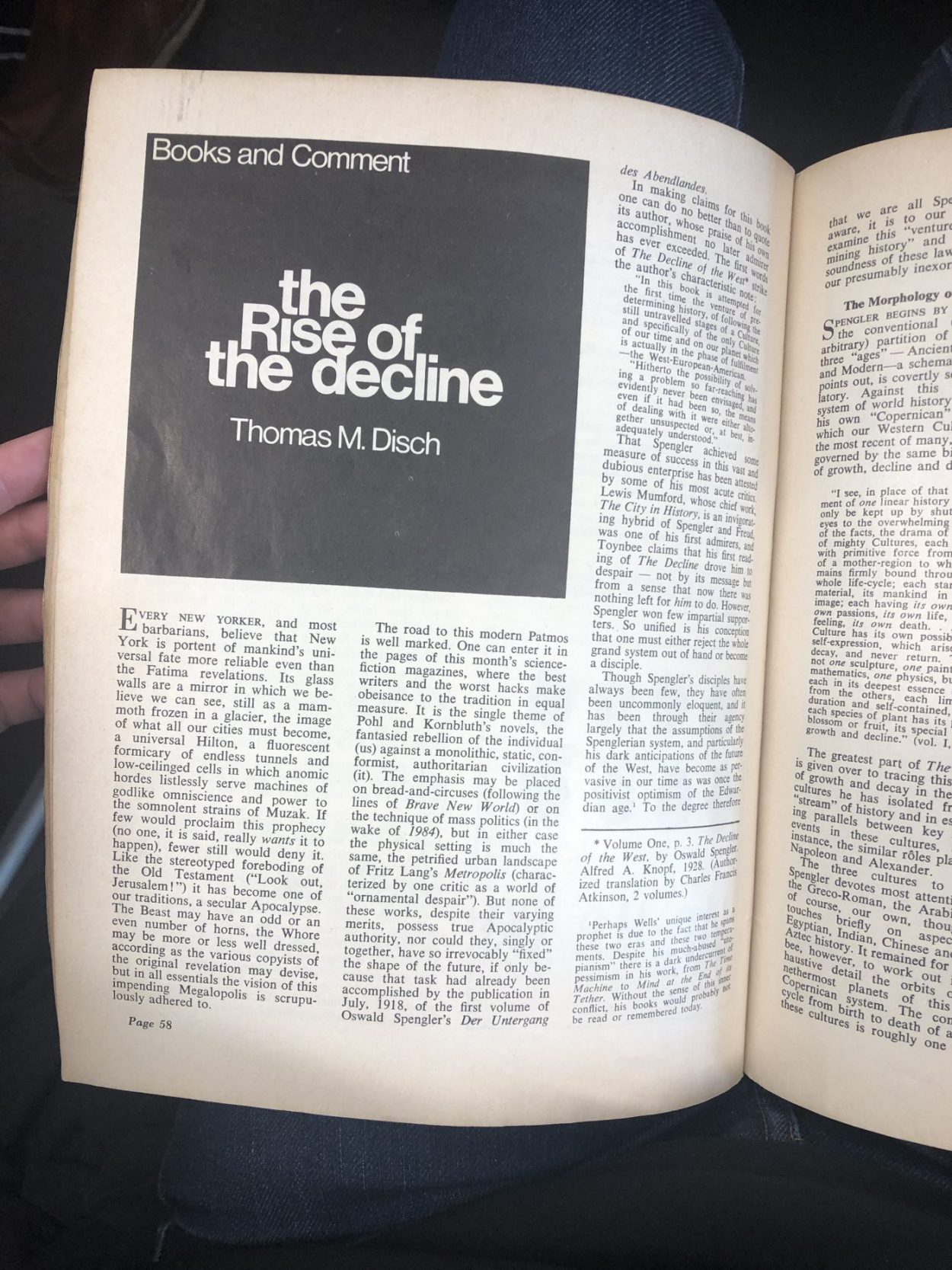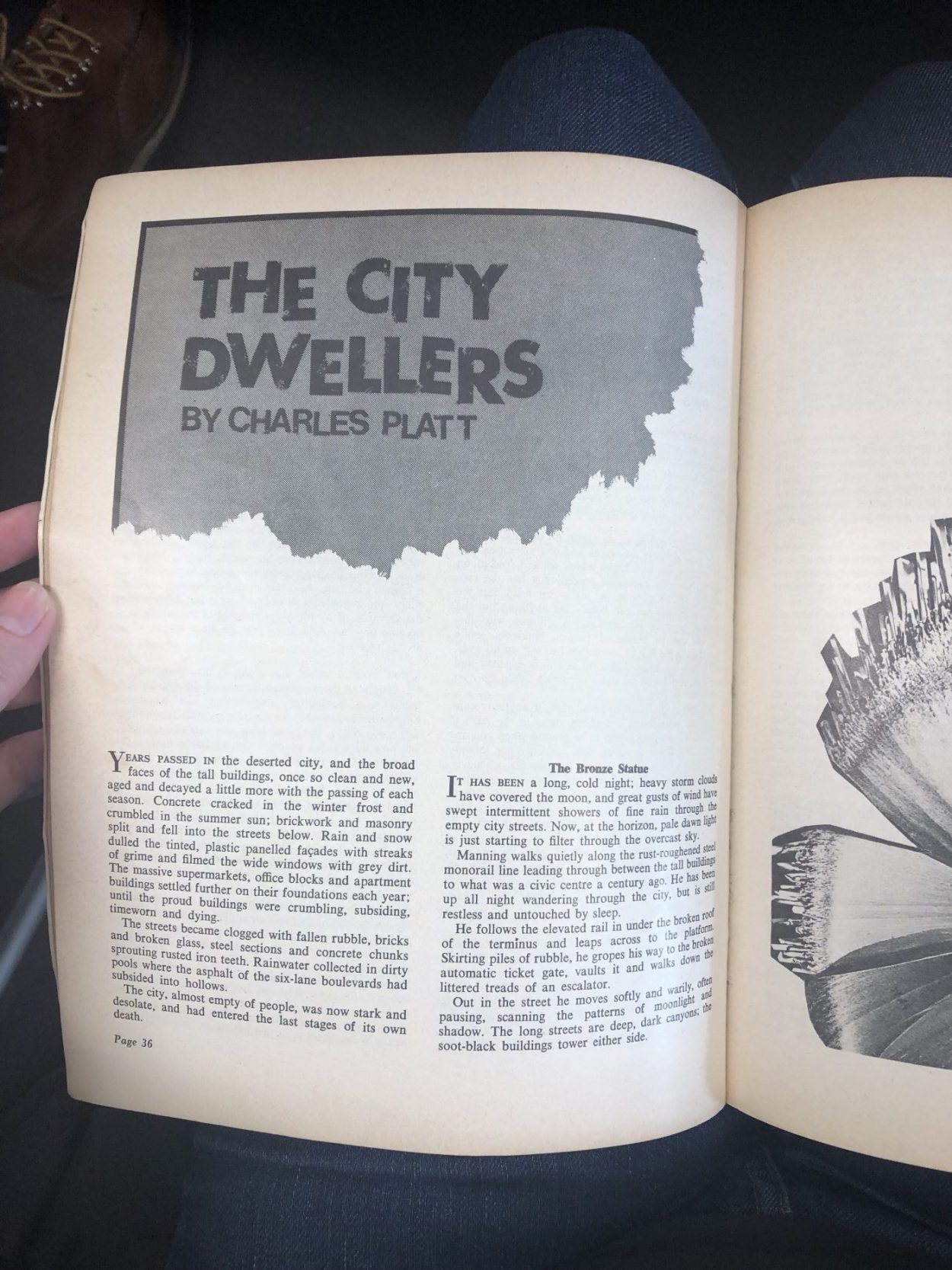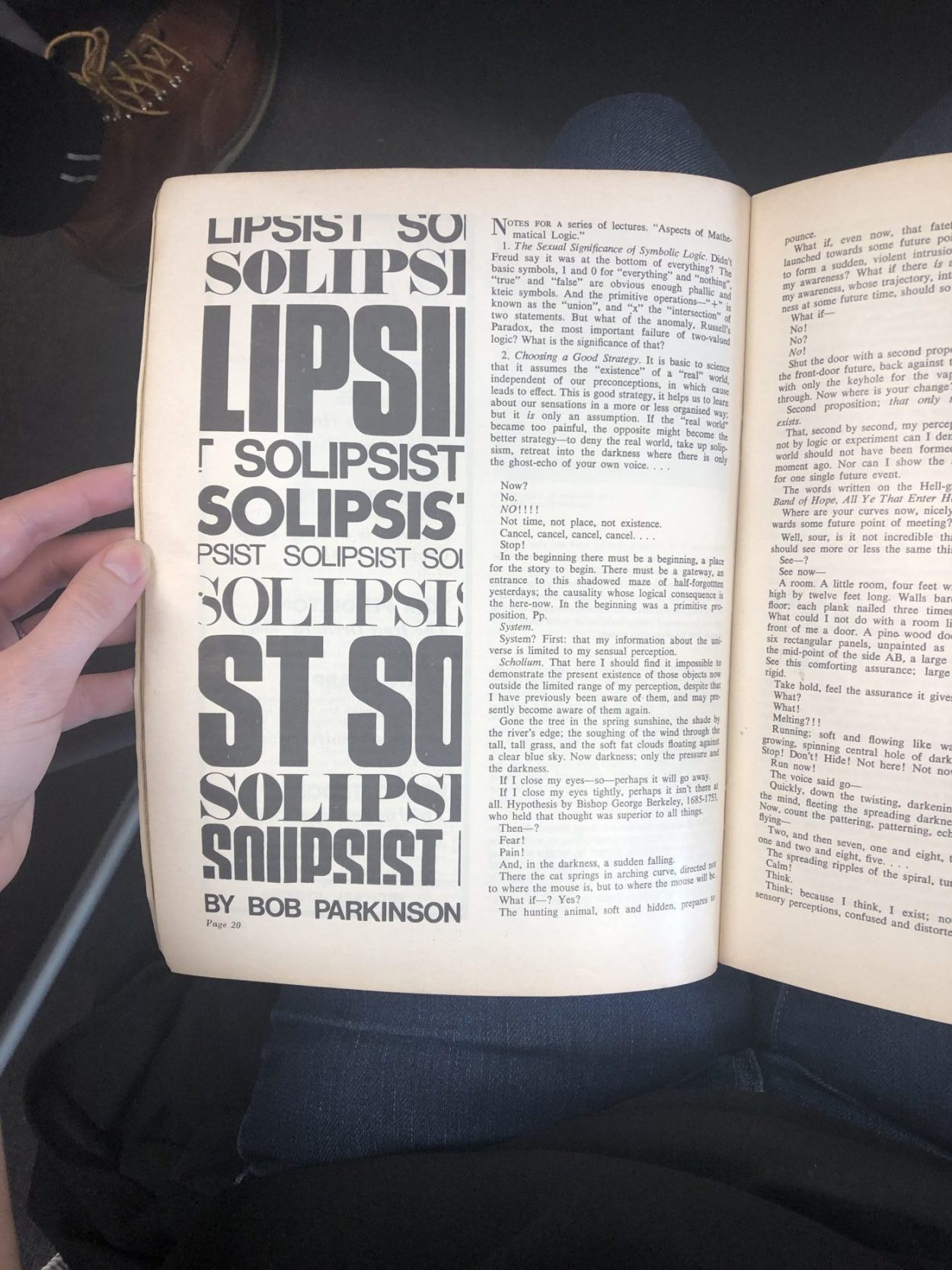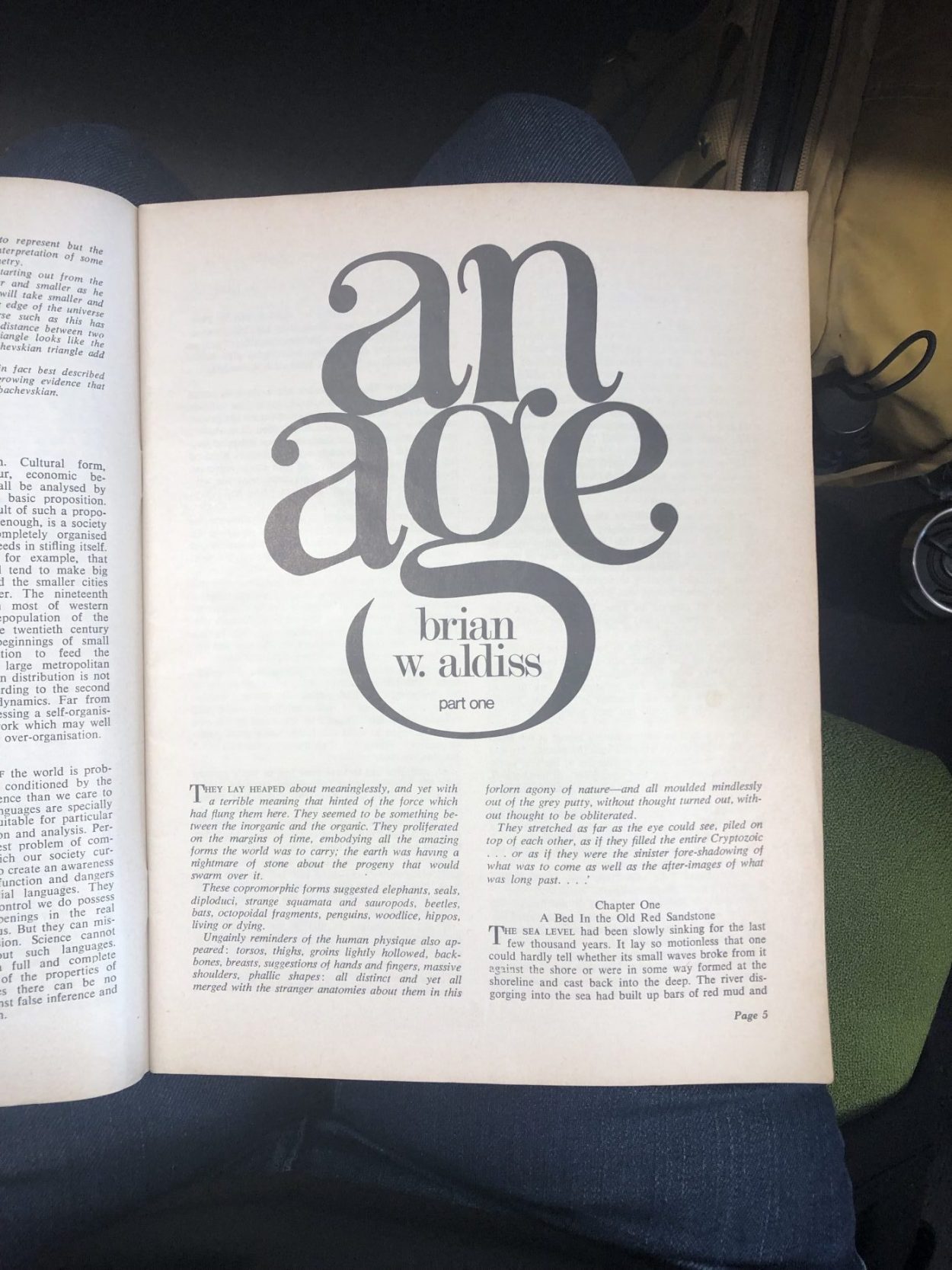Published
Some excellent, specific podcast episodes
I often don’t end up listening to podcasts that are recommended to me. It’s a real shame. I think it’s sometimes hard to know where to start, to find a way in. The next time I get a recommendation, I’ll ask if there’s a specific episode I should try.
Along those lines, here’s a list of a few particular episodes I like. These are in date order, most recent first. Might add more at some point.
Risky Business #535, 20.03.19 — Stop giving Cloudflare money
Edit 28 August 2019 – Cloudflare finally dropped 8chan earlier this month following the El Paso Walmart shooting. From the Wired article: “‘When you have platforms that are effectively lawless like this, then maybe that shifts the responsibility further down the stack,’ [Cloudflare CEO Matthew] Prince says. Looking at [white supremacist site] Daily Stormer and now 8chan, Prince says that Cloudflare is attempting to find the line where ‘a site has shown repeatedly that it is causing active, real harm.’”
I’m very interested in information security but definitely an amateur, so most Risky Business episodes go a bit (or entirely) over my head. This episode with host Patrick Gray (AU) and guest Alex Stamos (US) is accessible for less infosec-aware people though. It’s heavy, but very worthy of a listen for anyone influenced by the internet (i.e. everyone).
The major topic is the Christchurch, NZ shootings on the Al Noor Mosque and Linwood Islamic Centre where 50 people were killed and 50 more injured by a white supremacist. They focus on the web’s role in the rise of white supremacist communities and propaganda, and what could be done about it. Cloudflare is highlighted as a particularly irresponsible and unsupportable service provider due to the company’s response following the attack. They have refused to pull their services from 8chan, a website that facilitates the spread of white supremacist ideology and the site where the attacker announced his intentions.
Stamos tries to present the difficulties that companies and law enforcement face. Gray understandably gets pretty heated during the discussion, I think initially interpreting Stamos’s comments as an excuse for the inaction of companies like Cloudflare (though I don’t think they were). Ultimately though they seemed to be in agreement. Towards the end of their discussion, around 40:51, Stamos summarises: “We’re going to have to start to treat white nationalists like the Islamic State was treated. To the point that if you’re on 8chan and you’re talking about an attack, you’re actually feeling that there’s some kind of risk, that somebody’s gonna bust your door down. That’s where we got to with the Islamic State. […] We’ve got to get to that same place, but [Cloudflare and other organisations] can make that hard for non-US law enforcement.” He is saying that white nationalist groups need to be classified as potential terrorist organisations so that there is a legal framework forcing companies to adopt stronger policies instead of just hoping they’ll do the right thing. It’s a very good point.
– – –
BBC Earth Podcast 27.12.18 — Hide and Seek
I’ve never finished an episode of BBC Earth… but that’s why I like it. It’s the perfect podcast to fall asleep to if you’re having trouble drifting off. Interesting – but not *too* riveting – facts and stories about nature told by presenter/producer Emily Knight and guests. And great jungle sounds. I’ve put this particular episode on here because I really liked the wildlife calls while they were explaining how to track tigers. Can’t really say much about what happened after that though, I was asleep.
– – –
Darknet Diaries #27, 01.12.18 — Chartbreakers
The tagline for Darknet Diaries is “True stories from the dark side of the Internet”. This episode is a little different, investigating something ongoing rather than covering something that has already occurred. Host Jack Rhysider tries to figure out why shady podcasts with zero reviews or subscribers regularly climb the Top Charts on Apple Podcasts. In doing so, he finds out that it involves dubious promotional activity, and it isn’t just the little guys doing it. He also finds out this isn’t a web-only problem, that a similar thing has happened multiple times with the New York Times Bestsellers list and could still be happening. It’s yet another wakeup call that we should be suspicious of algorithms, particularly those that are meant to be infallibly meritocratic. Rhysider ends the episode by saying that he hopes his listeners recommend the podcast to their friends since he puts no faith in likes or reviews. It made me think about how much I like receiving recommendations from people I care about, and kind of became the catalyst for this list.
– – –
Roderick on the Line #300, 13.08.18 — The Airplane Doesn’t Care
One of Merlin Mann and John Roderick’s weekly Skype calls. Their conversations go all over the place, this one is no different. They always touch a bit on philosophy and mental health, but it’s more prominent in this episode due to a then-recent event. On Saturday 11.08.18, 29-year-old Richard Russell stole an empty turboprop from SeaTac airport, performed difficult stunts with basically no training, and then committed suicide by deliberately crashing in to a small island in Puget Sound (more here). One of those things that made me laugh and cry.
– – –
Syntax #29, 24.01.18 — Hosting & Servers
Wes Bos and Scott Tolinski dive in to hosting. It’s a great primer on a lot of the options out there at the moment, even if you consider yourself relatively familiar with these things. It’s all about the way they walk through it, from Squarespace to Docker, including personal experiences, pitfalls, and use cases.
– – –
Ear Hustle #2, 28.06.17 — Misguided Loyalty
Ear Hustle, stories of life inside prison, is presented by visual artist Nigel Poor and former San Quentin inmate Earlonne Woods. I had no idea which Ear Hustle episode to choose, every one is a jewel. This early episode is about gangs; the pressure, the violence, and the repercussions.
– – –
Adam Buxton Podcast #37 and #38, 06.04.17 — Brian Eno
Adam Buxton having a chat in two parts with Brian Eno. Not much more to say.
